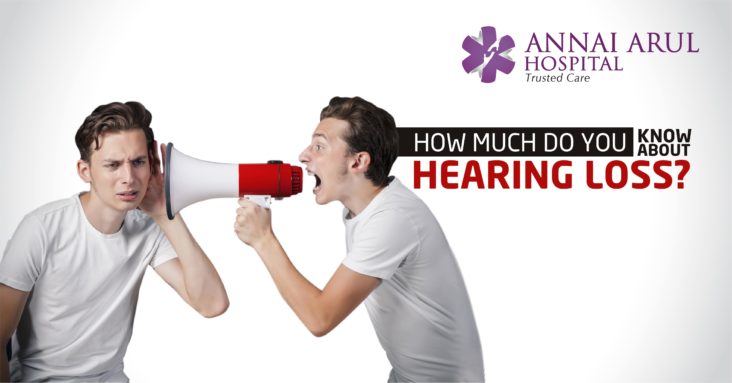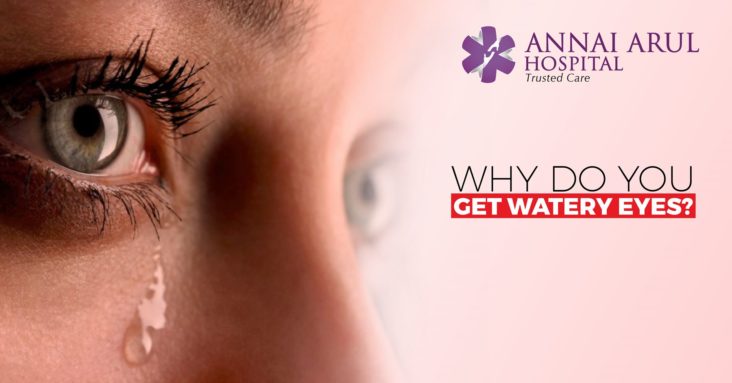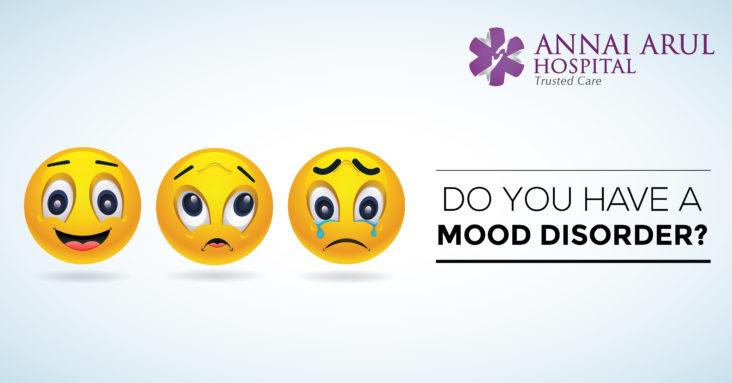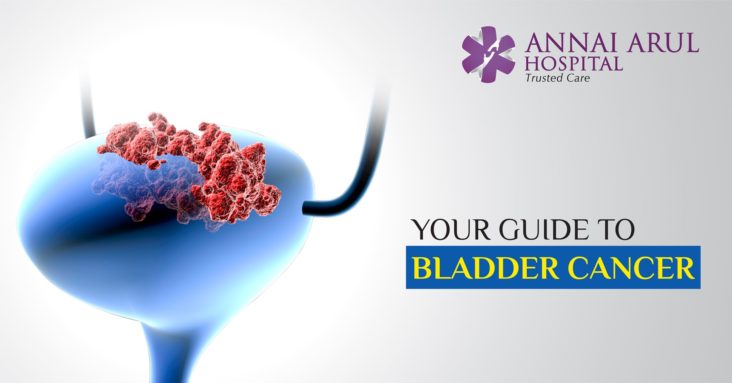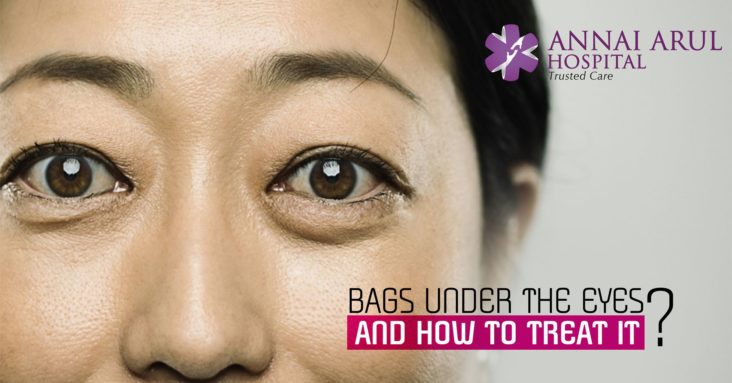Do not take your ear for granted. Loss of hearing is a very common health problem than most people think. It can totally affect your quality of life and even relationships. Reasons like age, illness and genetic play a major role in hearing loss, along with this modern life with its ear-damaging elements like noise pollution, constant working of ears and toxins even medications affects the hearing ability.
When there are so many untreatable cases of hearing loss which is prevalent, prevention is the best way to keep the hearing sensation intact and for long years.
What causes hearing loss?
The main causes are advanced age, noise and medications.
Advanced Age
This is most common cause of hearing loss. People in the age group of 65-74 experience some loss of hearing and after the age of 75, the probability gets quite high. This may be due to noise and other damaging factors that wear down the ear’s mechanism over the years.
Due to Noise
Noise can wear down hearing if it is beyond a threshold and continuous. Many people get exposed to noise at their workplace. This can include carpenters, construction workers, soldiers, miners, factory workers and even musicians. Nowadays musicians wear earplugs that allow them to hear music without harming the ear’s inner workings.
Medications
There are more than 200 drugs and chemicals that have a track record of triggering hearing and balance problems. Many commonly used antibiotics, chemotherapy drugs, aspiring, loop diuretics, drugs that treat malaria and erectile dysfunction are few that have marked hearing loss causing effects.
Sudden hearing loss
Over several hours of just 3 days there can be a rapid loss of 30 decibels of hearing ability. A normal conversation is 60 decibels and sudden hearing loss usually affects only one ear. But still it is not clear why this happens in most cases.
Due to Illness
Conditions like heart disease, high blood pressure, diabetes all put ears to maximum risk by interfering with the ear’s blood supply. A disease known as Otosclerosis is a bone disease of the middle ear and Meniere’s disease of the inner ear and both causes severe hearing loss.
Hearing loss can also happen due to trauma like a fractured skull or punctured eardrum. Infections and severe ear wax can also block ear passage and cause hearing loss.
Symptoms of hearing loss
Mild hearing loss may be present when you can have a one to one conversation but not with a background sound. Moderate hearing loss may be when you ask people to repeat themselves and severe loss may be when you need a hearing aid to hear someone.
Treatments
More often surgery is the best way to reverse hearing loss caused by otosclerosis, scar tissue, infection etc. Meniere’s disease is sometimes treatable with medications and change of diet. Loss due to infection can be treated with antibiotics and permanent hearing loss can benefit a lot with a proper hearing aid.


